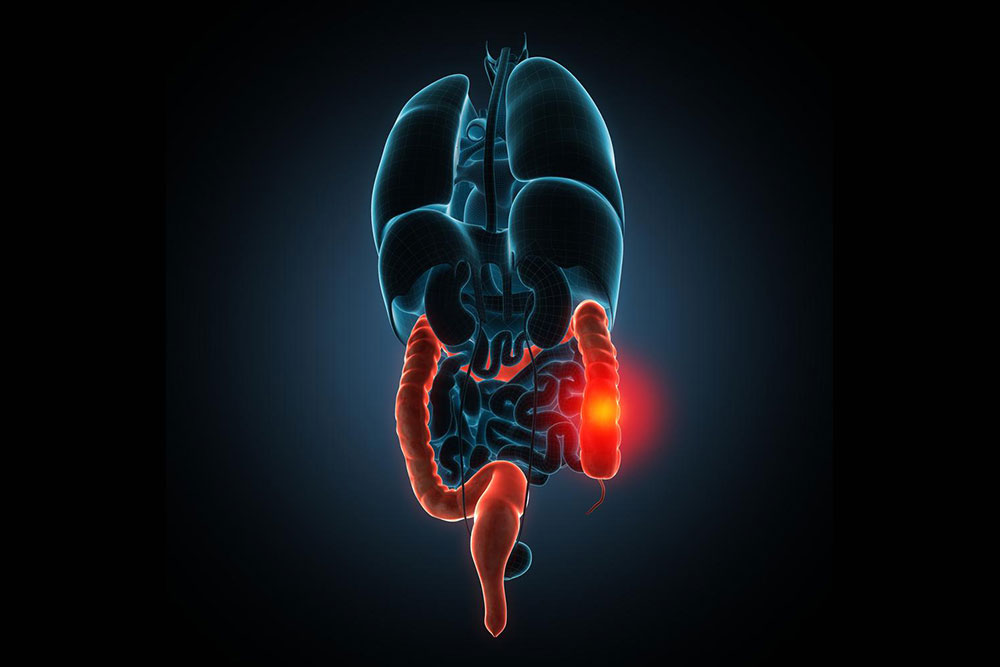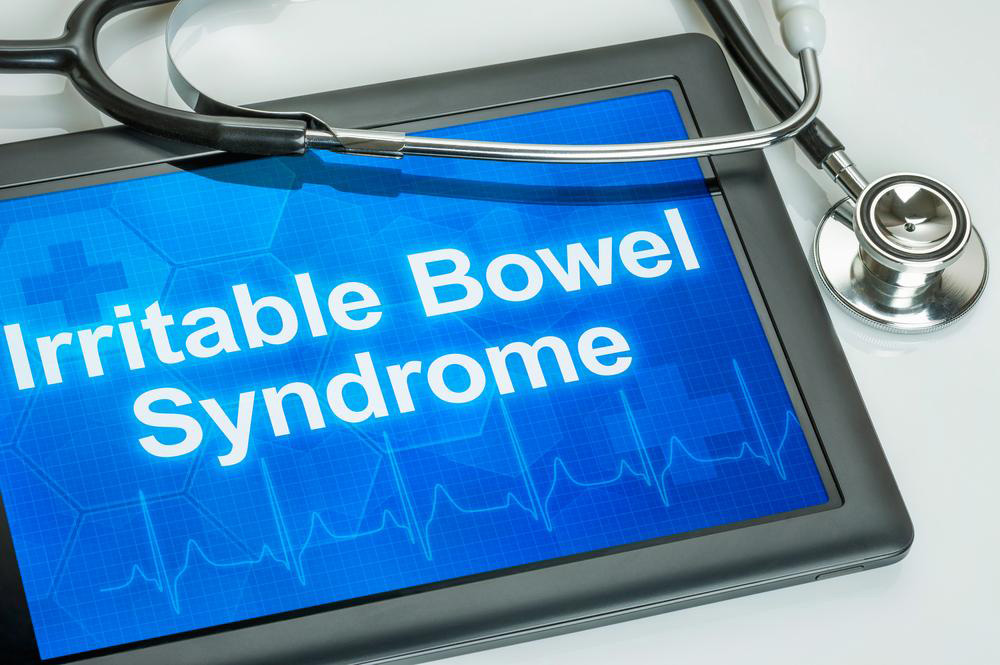Comprehensive Approaches to Managing Irritable Bowel Syndrome Effectively
This comprehensive guide explores effective strategies for managing Irritable Bowel Syndrome (IBS), including dietary modifications, medications, probiotics, and lifestyle adjustments. Learn how to control symptoms like diarrhea and constipation to improve your quality of life. Although IBS isn't curable, targeted treatments can significantly alleviate discomfort, enabling a more active and comfortable lifestyle. The article provides detailed insights into personalized management plans, making it an essential resource for those seeking relief from IBS symptoms.

Comprehensive Approaches to Managing Irritable Bowel Syndrome Effectively
In the rapidly advancing world of medicine and healthcare, we've seen remarkable improvements in managing a wide range of medical conditions. Yet, some chronic gastrointestinal disorders, such as Irritable Bowel Syndrome (IBS), continue to present significant challenges due to their complex and often unclear origins. Managing IBS requires a nuanced understanding of its symptoms, triggers, and an array of tailored strategies to improve patient quality of life.
Although the precise cause of IBS remains elusive, medical professionals have developed effective methods to alleviate its core symptoms, including diarrhea, constipation, persistent abdominal pain, and bloating. While IBS is not considered curable in a definitive sense, ongoing advances in treatments and lifestyle modifications enable many patients to control their symptoms and enjoy a more active, pain-free life.
Recognizing IBS involves noting specific signs such as inconsistent bowel habits, abdominal discomfort, and bloating often linked to factors like stress, diet, and lifestyle. Since complete eradication of IBS is challenging, treatment primarily focuses on symptom relief. Here are some of the most effective strategies for managing this condition:
Dietary Adjustments - Modifying one's diet plays a crucial role. Patients are advised to limit foods that trigger gas and bloating, such as high-fat foods, caffeine, and dairy. Eliminating gluten may also benefit some individuals, especially those with gluten sensitivity, which can worsen symptoms.
Incorporating Dietary Fiber - Increasing fiber intake using supplements like psyllium husk or methylcellulose helps regulate bowel movements, particularly helpful for IBS-related constipation. Proper hydration is essential when increasing fiber to prevent discomfort.
Medications for Symptom Control - Antidiarrheal agents such as loperamide can effectively manage diarrhea episodes. Meanwhile, bile acid binders may reduce diarrhea but have the side effect of increasing bloating in some cases. For constipation, laxatives or specific medications prescribed by healthcare providers are common options.
Antispasmodic Drugs - Severe abdominal cramps are often mitigated with antispasmodics like hyoscine butylbromide or dicyclomine. These medications help relax intestinal muscles, providing quick relief from spasms.
Probiotics and Microbiota Modulation - Introducing beneficial bacteria through high-quality probiotics can restore gut flora balance, improving digestion and reducing discomfort. In some cases, antibiotics such as rifaximin are utilized to eliminate overgrowth of problematic bacteria, alleviating symptoms for some patients.
While a definitive cure for IBS remains elusive, these multidimensional treatment approaches significantly improve management outcomes. Patients empowered with dietary knowledge, appropriate medication, and lifestyle modifications often find relief and maintain their daily routines with minimal disruption. Continued research and personalized treatment plans are vital to further enhance quality of life for individuals living with IBS.
By understanding the diverse treatment options available, patients can actively participate in their care, leading to better symptom control and overall well-being. Persistent follow-up with healthcare providers is essential to adapt strategies and maximize relief, making IBS a manageable condition rather than a debilitating one.





